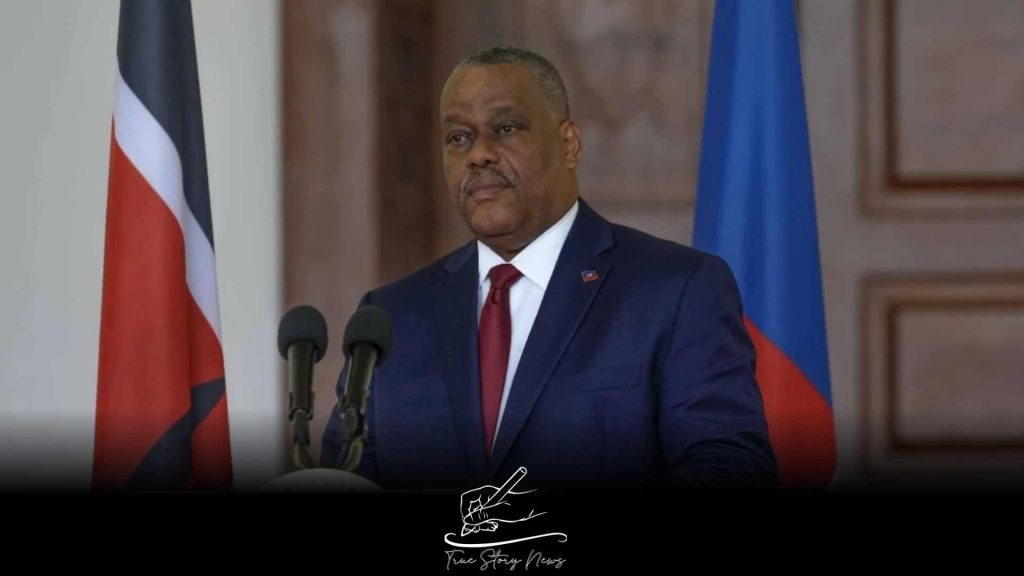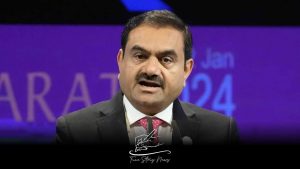In a surprising turn of events, Haitian Prime Minister Garry Conille has been dismissed by the nation’s ruling council just shy of six months into his tenure.
In a significant move, an executive order has been issued, with the endorsement of eight out of nine council members, appointing businessman and former Haiti Senate candidate Alix Didier Fils-Aime as the successor to Conille.
Conille, a former official with the United Nations, was appointed to guide Haiti amid a persistent security crisis driven by gangs, with the expectation that he would facilitate the nation’s first presidential elections since 2016.
In a letter obtained by Reuters news agency, he characterized his removal as unlawful, expressing that it raised “serious concerns” regarding the future of Haiti.
Haiti finds itself in a precarious political situation, needing a president and a functioning parliament. The country’s constitution stipulates that only the parliament can dismiss a sitting prime minister.
On June 3, Conille took the oath of office.
“The resolution, enacted without adherence to any legal or constitutional framework, prompts significant questions regarding its legitimacy,” Conille’s letter stated.
In April, Haiti established its transitional presidential council (TPC) following the ousting of Ariel Henry, the predecessor of Conille, who was removed from office due to the influence of gangs that had seized control of sections of the capital, Port-au-Prince.
• The struggle for power among gangsters and rebels in Haiti
On February 25 2024, Henry departed Haiti to participate in a summit in Guyana. However, gang members took control of the city’s international airport in his absence, hindering his return.
The TPC has been assigned the responsibility of reinstating democratic governance in the Caribbean nation, a place currently plagued by widespread violence.
Since January, Haiti has witnessed a staggering death toll exceeding 3,600 individuals, with over 500,000 people displaced from their homes, as reported by the United Nations. The organization characterizes Haiti as one of the poorest nations globally.
According to data from the United Nations, two million Haitians are experiencing emergency levels of hunger, with nearly half of the population lacking sufficient food to meet their needs.
Jimmy Chérizier, a prominent figure among the nation’s gang leadership and commonly referred to as Barbecue, has expressed a willingness to cease hostilities, contingent upon the inclusion of armed groups in discussions aimed at forming a new government.
The last presidential elections in Haiti took place eight years ago, resulting in the election of Jovenel Moïse from the Tèt Kale party.
The position of president has remained unfilled since the assassination in July 2021.
In Haiti, gangs have seized the opportunity presented by a significant power vacuum, extending their influence across large areas of the nation, resulting in regions that are effectively devoid of law and order.
Recent developments indicate that hundreds of police officers from Kenya have been dispatched to Haiti, with additional personnel expected to arrive in November.

















